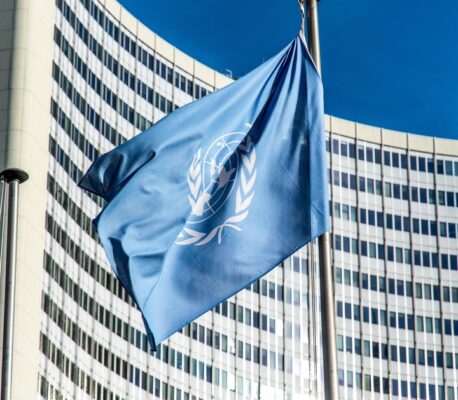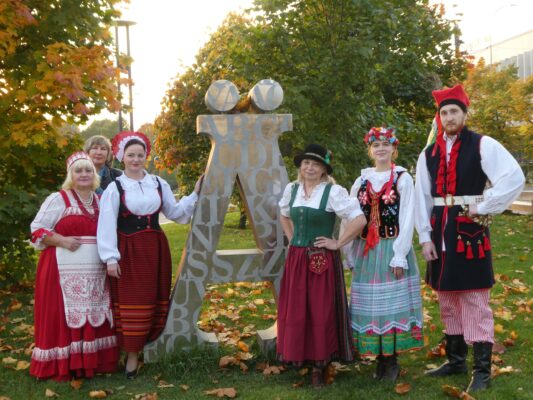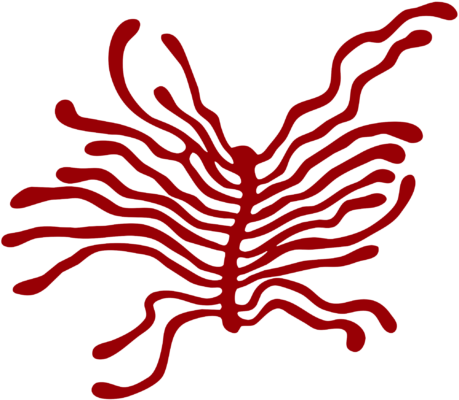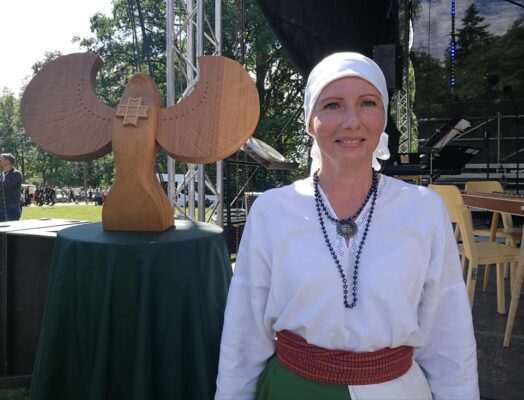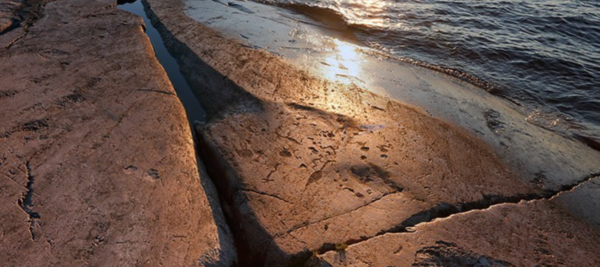Second day of the Congress: working groups are deep in discussions
Working group moderators are going to summarise the presentations and discussions on the last day of the Congress.
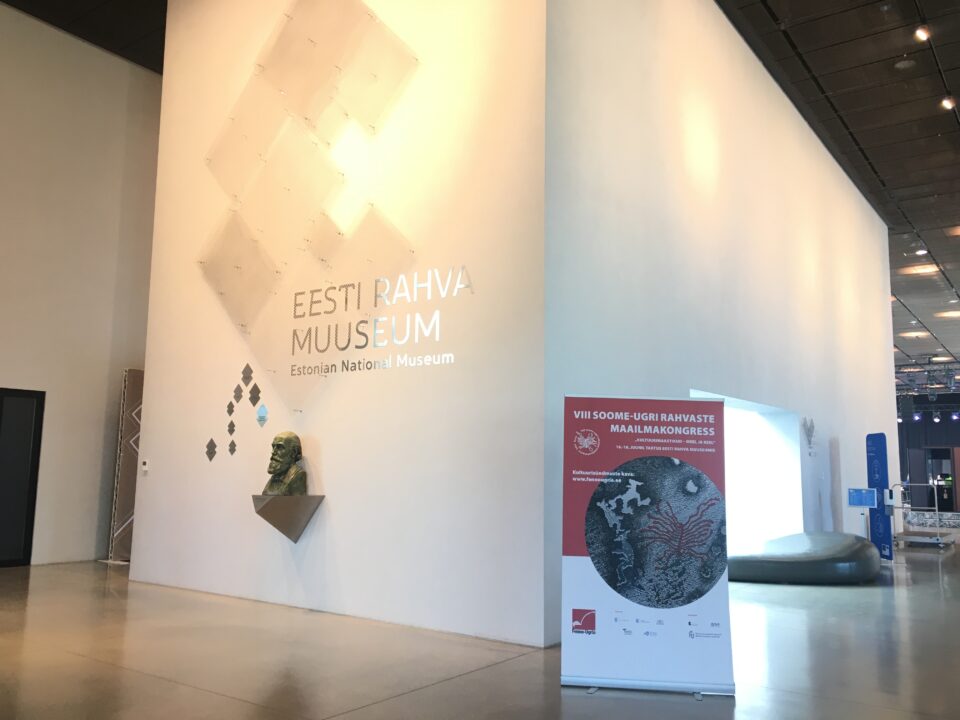
VIII World Congress of Finno-Ugric Peoples continues with working groups on Thursday 17 June. In addition to the questions of preserving and transferring languages, as well as problems resulting from bilingualism, the four main working groups are also going to address the impact of climate change on Finno-Ugric peoples, as well as the questions of cultural innovations. Important themes include the use of traditional and modern media channels and the application of innovative language technologies to raising awareness about Finno-Ugric peoples.
Working group moderators are going to summarise the presentations and discussions on the last day of the Congress.
1. Civil society activities in preserving and developing Finno-Ugric languages – Language(s) and identity – Bilingualism: -– Parental responsibility for and role in transferring the language to next generations -– The role and tasks of NGOs in preserving and developing Finno-Ugric languages -– Best practices of teaching Finno-Ugric languages 2. Finno-Ugric cultures – from tradition(al) to modern times – Contemporary innovations in the development of Finno-Ugric cultures – Branding 3. Finno-Ugric peoples in a changing environment – Climate change impact on the daily life of Finno-Ugric peoples – Climate change - what will it bring? – Panel discussion: what should we do under climate change? 4. Mass media channels – Traditional journalism – Social networks – Language resources in IT
The World Congress bears the title ‘Cultural Landscapes – Mind and Language’ this time. The legal aspect of language policy has been deliberately left out of the Congress agenda as it would particularly affect the peoples living in the territory of the Russian Federation.
The following Finno-Ugric peoples are meeting in a hybrid format in Tartu: Mansi (4), Komis (15), Votes (4), Sámi (4), Izhorians (5), Ingrians / Finns of Ingria (5), Karelians (15), Vepsians (5), Livonians (5), Finns (10), Hungarians (15), Kvens (5), Setos (4), and Estonians (15). Observers from over 11 countries are joining the Congress as observers. Most delegations of Finno-Ugric peoples are participating in the Congress virtually.
The main organiser of the VIII World Congress of Finno-Ugric Peoples is the Fenno-Ugria Foundation. Working groups were designed in collaboration with the Consultative Committee of Finno-Ugric Peoples. The major event held at the Estonian National Museum in a hybrid format closes on Friday 18
